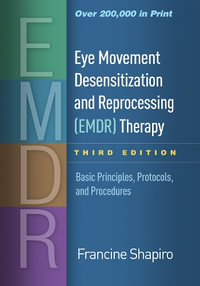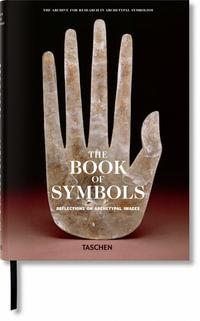The work of Jacques Lacan is associated more with literature and philosophy than mainstream American psychology, due in large part to the dense language he employs in articulating his theory - including often at the expense of clinical illustration. As a result, his contributions are frequently fascinating, yet their utility in the therapeutic setting can be difficult to pinpoint. Lacanian Psychotherapy fills in this clinical gap by presenting theoretical discussions in clear, accessible language and applying them to several chapter-length case studies, thereby demonstrating their clinical relevance. The central concern of the book is the usefulness of Lacan's notion that the unconscious is structured like and by language. This concept implies a peculiar manner of listening ("to the letter") and intervention, which Miller applies to a number of common clinical concerns - including including case formulation, dreams, transference, and diagnosis - including all in the context of real-world psychotherapy.
Industry Reviews
"Therapists of all persuasions will relish Michael Miller's lucid, beautifully written discussion of the use of Lacan's work in clinical practice. Targeting topics of concern to the widest range of practitioners -- including insight, opening up of 'potential space,' transference, countertransference, gender, and power dynamics -- he provides word-for-word transcripts of interactions with his clients that beautifully illustrate a Lacanian approach to listening and interpreting that can be applied in a great many therapeutic settings, using theory to illuminate -- but never overshadow -- the case material. The level of detail provided in his case studies is unrivaled. A fabulous achievement!" - Bruce Fink, Duquesne University, Pennsylvania, USA "This is an excellent introduction to Lacanian clinical practice, written for the general clinician/psychotherapist who is beginning to consider the field of Lacanian psychoanalysis. Despite the focus being psychotherapy rather than psychoanalysis, the book approaches the scope of analytical experience and provides an abundance of clinical material which should be of great help to the psychotherapist not familiar with the intricacies of Lacanian theory and practice. All in all this is a well-written and insightful book that was a joy to read." - Raul Moncayo, Supervising Analyst of the Lacanian School of Psychoanalysis, and author, Evolving Lacanian Perspectives for Clinical Psychoanalysis
























